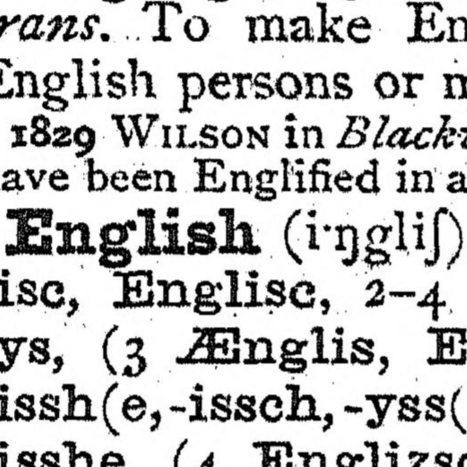Of course the official rule is that for countable things, like apples, we say fewer, as in, “Why are there fewer apples?” And for things that you can’t really count, you use less, as in “We need more dream time and less screen time.”
But recently, even from native speakers who’ve been to university, you can hear people using ‘less’ when the grammar books say they should use ‘fewer’. Language changes and there are many examples of things that we say differently than we write. What are your thoughts?
Should we grammar nazi this until everyone gets back in line? Should we just let language evolve and enjoy the ride? Do you think it will settle in with spoken and written forms being different? Do you think this will become the norm in English?
By the way, I blame supermarkets with their “9 items or less” signs.


hey, all good points. I was just trying to say that if one had to pursue logical consistency (which is my perception of the theme of the entire thread), then countability becomes a math problem.
no, and yes
meh, i’d say in general language isn’t logically consistent with maths. the english language doubly so. maths has to have prescriptive rules that are internally consistent, english has descriptive rules that are more often broken than followed
i guess that makes sense, i suppose